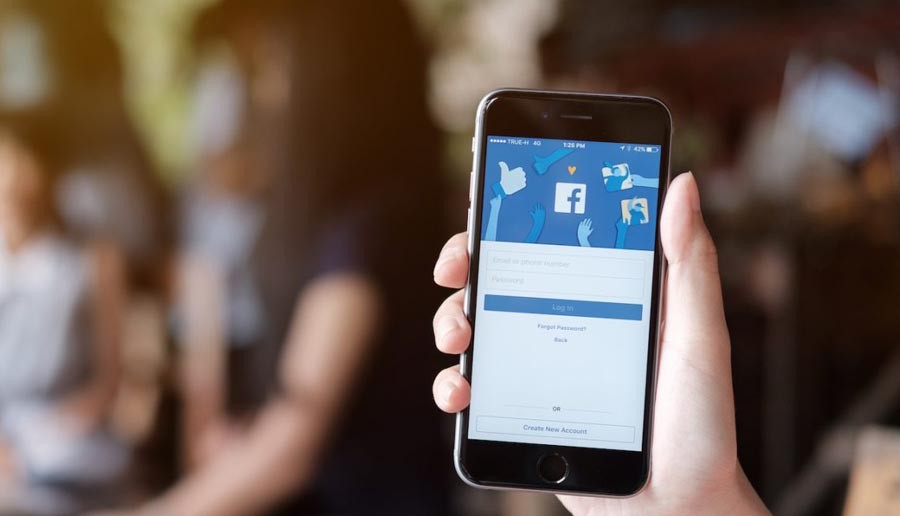
There are many women-specific Facebook and WhatsApp groups that are not just supporting women in distress but have become a launching pad for successful businesses

Internet and social media have become important players in our lives, especially since the advent of smart phones. From socialising to earning a decent living, people are engaging with others across online spaces and even putting their views across through freelance work; virtual offices and businesses, education and research have increased. Many stay updated with information and news, and remain connected round the clock across the globe.
In a society like ours, this net-freedom is still a no-go area for many women. Many women encounter sexist, misogynistic comments or have to deal with creepy stalkers sending offensive pictures to their inboxes.
The downside apart, the cyber world has opened up new avenues for women. One such space available to women is through Facebook and WhatsApp groups that have become a launching pad for successful businesses and entrepreneurship programmes.
Many housewives are running their own businesses, blogs and tutorial classes from their homes. This helps them to do what they love: improve their quality of life, gain confidence, be empowered, give time to kids and help their husbands in the financial running of the household.
Women are using such applications and media to support other women and resolve their issues in online spaces and, where needed, anonymously. This has also helped them see the world outside the four walls of their house.
One finds all kinds of Facebook groups ranging from religious education to daily life narratives, makeup tips and tutorials to counselling, cooking to healthy eating and even Agony Aunt advice groups.
Interestingly, women are ready to open up to unknown women as compared to people in real-life surroundings. They share personal information confidently, voice their opinion without fear of being shunned, share problems or give advice on intimate and family issues.
Aniqa Zubair, a housewife with a child, considers such groups a great help as people rarely pass judgmental remarks. "I learnt a great deal and it mostly gives me positive vibes. After a long time I literally felt good that there are women out there besides who do not try to bring me down or are critical of me all the time."
Regarding safety in online space, she says, "I feel secure usually but when I start seeing common friends in the group I get reluctant to share anything."
‘Ask The Village’ is a Facebook group active since 2016 with nearly 14,000 members, as a support network for women where they can share their hopes, dreams, life and love. Tanya Imran, the administrator of the group, says, "When I had my second child, I was suffering from Prenatal/Postpartum Depression, and found solace in writing. I decided to take it up again as catharsis. Soon enough a wonderful community of mothers flocked to my blog, "The Average Mommy", on which I shared everyday parenting humour, challenges of raising children in a nuclear family, and the many humbling lessons parenthood teaches us as we go along. You know the African proverb ‘It takes a village to raise a child’; this group is that village."
As a mother of two, Imran finds it difficult to manage everything, but she says her first priority is family. "I don’t want to come across as a glued-to-screen-at-all-times person to my two children. I give time to the group early in the morning or when the kids have gone to bed. Honestly, it’s a 24/7 commitment."
Motherhood is an important phase in women’s lives but many do not have the opportunity to share the issues they face or seek advice. Hanieh Bilal, a clinical psychologist and mother of two, created a Facebook group named ‘Mommy Has Solutions’ to provide support and solutions to motherhood problems, and inculcate positivity to help the mothers stay focused. The community focuses on parenting, first-time motherhood issues, pregnancy problems, kids, psychological behaviours and the like.
Talking to TNS, Bilal says she created the group after the birth of her second child when was suffering from PPD. About anonymous posts, she said, "I don’t compromise on quality of posts and privacy. My Group and account have a number of security levels to ensure everyone’s secret remains safe."
An interesting part is the once-a-week live session hosted by a therapist on parenting in the form of a discussion.
Jannat Fazal, programme manager Digital Rights Foundation, says: "Digital spaces are easily accessible to women who stay at home as they just need an internet connection and a device. Such groups help those women who want to start a business of their own, to connect with people and expand their market. There are a number of benefits: women are dealing with women; they are more comfortable in communicating with their own gender, placing orders, giving measurements for orders and asking questions if needed, instead of talking to males."
Women have been struggling for years to get their rights. This now includes the struggle to reclaim online spaces. It is time that women support each other and pull themselves out of the shackles of patriarchy.